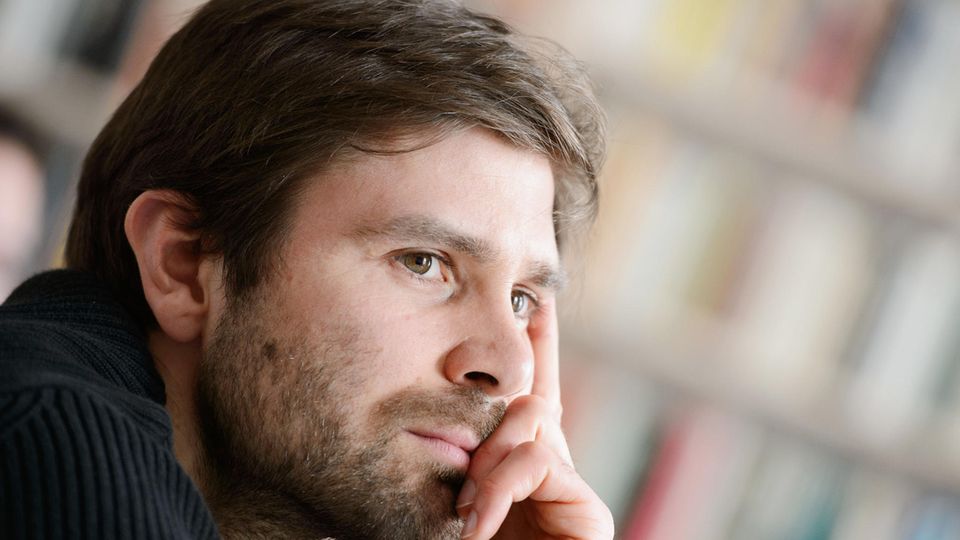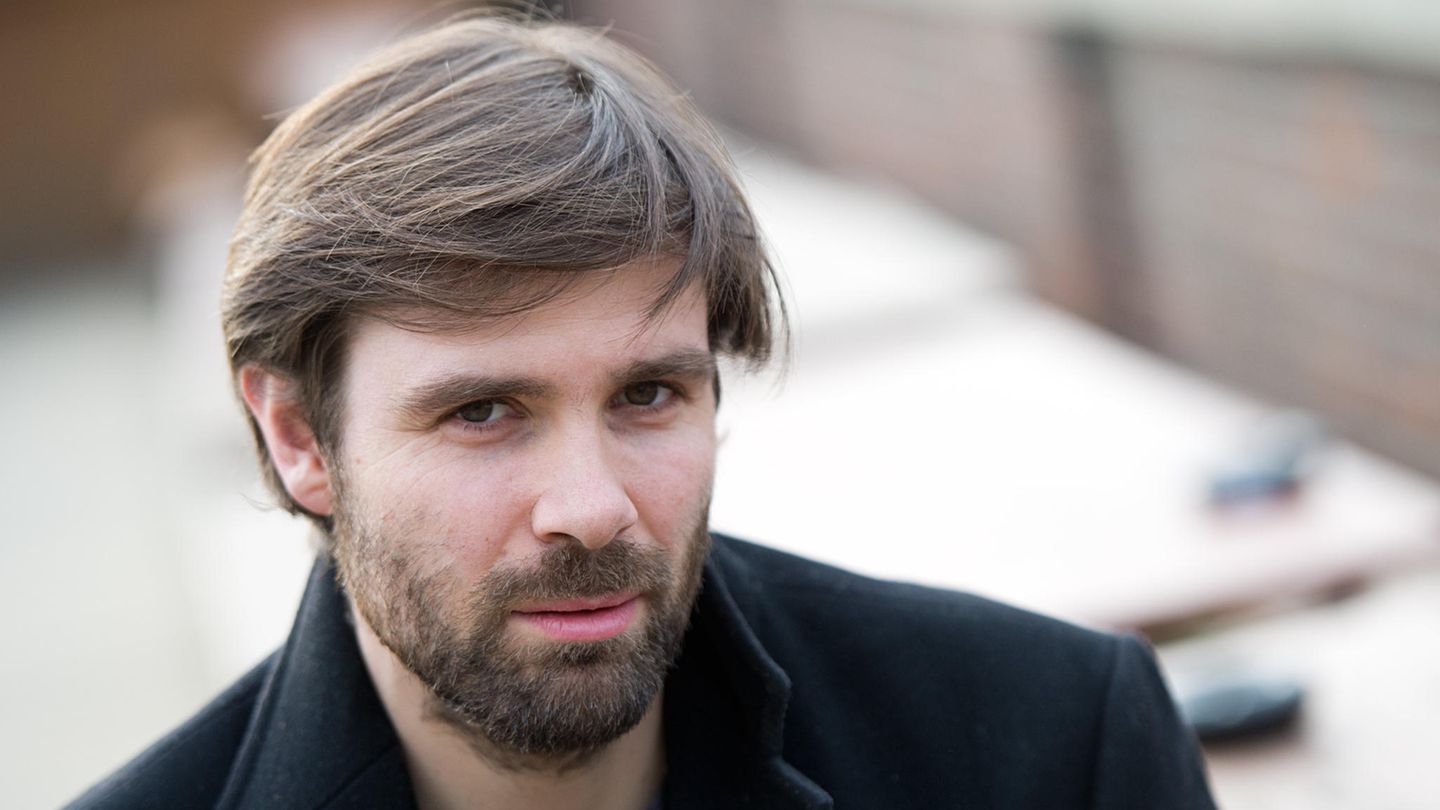Interview
Response to Ukraine war
“Isolating Russian sport would be painful for Putin”
– During his time as a professional basketball player, Johannes Herber played in 120 Bundesliga games and 74 international matches. Today he is the managing director of the athletes’ union “Athleten Deutschland” © Maurizio Gambarini/ / Picture Alliance
–
–

–
by Christian Ewers
–
–
Johannes Herber, managing director of the “Athleten Deutschland” trade union, explains how Russia has misused sport as a political instrument – and why a radical exclusion of Russian athletes is now necessary.
–
Mr. Herber, international sports associations have long struggled with the exclusion of Russian teams. Fifa is now reacting to the great public pressure and is suspending Russia from the World Cup in Qatar. How do you rate this sanction?
A complete exclusion was also our demand – days ago. We are aware that this means a radical step that also entails ethical and moral problems: Ultimately, individual Russian athletes are being held responsible for a war for which they are not responsible, but Vladimir Putin and his apparatus alone . Nevertheless, we believe that in sport, too, it is necessary to respond decisively to Russia’s aggression.
You were a competitive athlete yourself and played 74 international matches for Germany as a basketball player. Can you guess what a collective ban means for Russian athletes?
We discussed a long time before we published our demands. Normally we stand by the side of the individual athlete and stand up for their interests. But now we are experiencing an exceptional situation in which sport should also show its colors. At this point in time, it is unavoidable that sanctions will also affect parts of civil society, which in turn should then put pressure on the circles of the powerful. At least that’s the idea.

–
–
Johannes Herber, 39, is the managing director of the athletes’ union “Athleten Deutschland eV”. Herber played for the German national basketball team from 2004 to 2011 and took part in the 2006 World Cup in Japan alongside Dirk Nowitzki.
© Robert Schlesinger/ / Picture Alliance
What can sport do? Ultimately, a ban is just a symbolic gesture. Isn’t sport powerless in a situation like this?
Possibly yes. No one can seriously estimate what effect such a gesture would have on the Russian ruler. What is clear, however, is that sport has always been a political stage for Putin, on which he wanted to show the supposed superiority and national strength of Russia. In addition, Russian oligarchs are involved as sponsors in international sports associations and key positions there are held by Russians. In this respect, a comprehensive isolation of Russian sport would be painful for Putin and his regime.
Putin still seems to have strong allies in sport. Just a few days ago, Fifa boss Infantino said they wanted to wait and see – maybe the world would be different in a few weeks. The Russian national football team should continue to be allowed to play international matches on the condition that they no longer compete as “Russia” but instead use the abbreviation “RFU” (Russian Football Union).
That would have been an alibi action. A comparable measure failed to have any effect at the Olympic Winter Games in Beijing. Russia was only allowed to participate there under the label “Russian Olympic Committee” (ROC) – as punishment for a doping scandal in 2014. And what did it bring? Nothing. Everyone was talking about Russia, business as usual prevailed, as if the doping offense and the sanction had never existed. A similar danger now threatened in football. Fifa must continue to crack down if it is serious about distancing itself from Putin and a powerful Russian sponsor like Gazprom.
If sport and politics are so ominously intertwined, how about only celebrating the individual athletes at award ceremonies in the future – and forgoing the raising of flags and the playing of national anthems?
The basic idea is correct, because then the sport would no longer have the character of a performance show of individual nations. But this idea would be difficult to implement in the sports world as it is written today. The Federal Ministry of the Interior, for example, is the largest sponsor of top-class sport in Germany. It would probably not meet with much enthusiasm if this fact were ignored and the national colors were removed from the jerseys. Also: As a basketball player, I thought it was nice to play for my country and represent it. This is a special moment for an athlete.
So is the connection between sport and politics indissoluble?
I think it’s important that sport not only serves as a stage for states, but that athletes can also use this platform for their concerns. According to the Olympic charter, they are not allowed to comment on political issues in the arenas or on the podium. We are committed to relaxing this rule, because peaceful protests calling for respect for human and fundamental rights should be possible. Athletes have great charisma, and if they decide to use it for social issues, they should be given that space. The case of Russia shows this with an unprecedented urgency.
–


